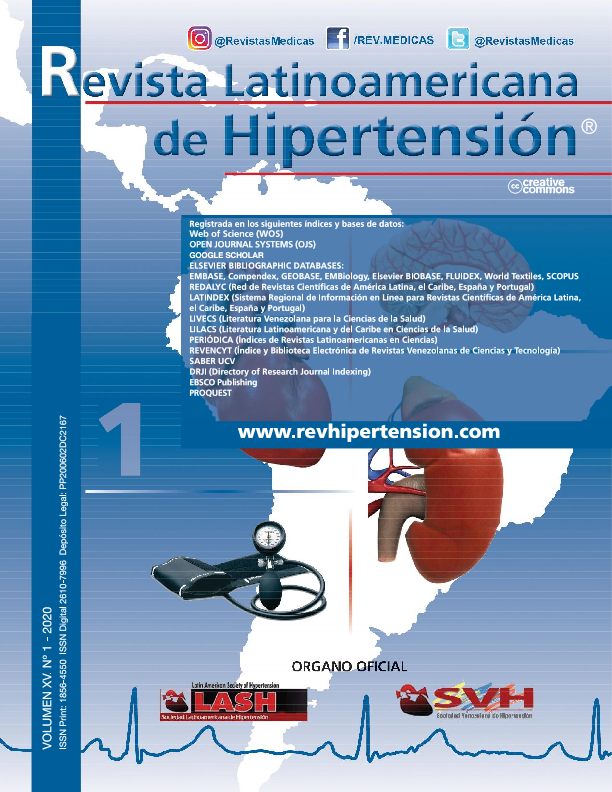The caregiver burden of Alzheimer’s patients: an evolutionary concept analysis
Palabras clave:
Caregiver burden, Alzheimer’s, caregivers, concept analysis.Resumen
Introduction and purpose: Due to increasedpopulation of the elderly, the risk of developing chronicdiseases including Alzheimer’s in the society increases. Theburden, caused by the elderly care affects various physical,psychological, social, and spiritual dimensions of the caregivers.Although the concept of caregiver burden has beengenerally used in medicine and nursing, it has no clear andspecific definition. This analysis will result in identificationof the characteristics of caregiver burden concept, andits developing conditions and outcomes, which may beeffective in domain of research and practice to reduce thecaregiver burden. The present study aimed to clarify theconcept of caregiver burden among caregivers of patientswith Alzheimer’s disease.Method: In the present study, through Rogers’s evolutionaryconcept analysis method, all papers published from2010 to 2017 were reviewed. The search was limited to paperswith Persian and English full texts. The data, associatedwith the attributes, antecedents, concept consequences,surrogate terms and the data, related to nursing contextand its changes over time, were summarized and coded.Results: Concept analysis showed that the caregiver burdenconcept in patients with Alzheimer’s disease has twomajor attributes in familial (women as the most importantcaregivers, increased economic costs) and personal (shortageof time, increased responsibility, and the workload ofthe caregivers) dimensions.Discussion: The antecedents are also determined in threedimensions of patients’ characteristics (disease symptoms,comorbidity), caregivers’ characteristics (knowledge andawareness, caregivers’ experiences), and support resources(economic, social, and familial resources). Furthermore,the outcomes were specified in four dimensions includingphysical diseases, psychological disorders, impairedsocial function, and development of a sense of pleasureand hope.Conclusion: The caregiver burden concept is multidimensionaland complex and includes a wide range of behaviorsand characteristics. Furthermore, it is dynamic andchanges over time. This analysis, in addition to identificationof the characteristics of caregiver burden concept,will be a starting point for further research and developmentof this concept and nursing knowledge expansionDescargas
Los datos de descargas todavía no están disponibles.

